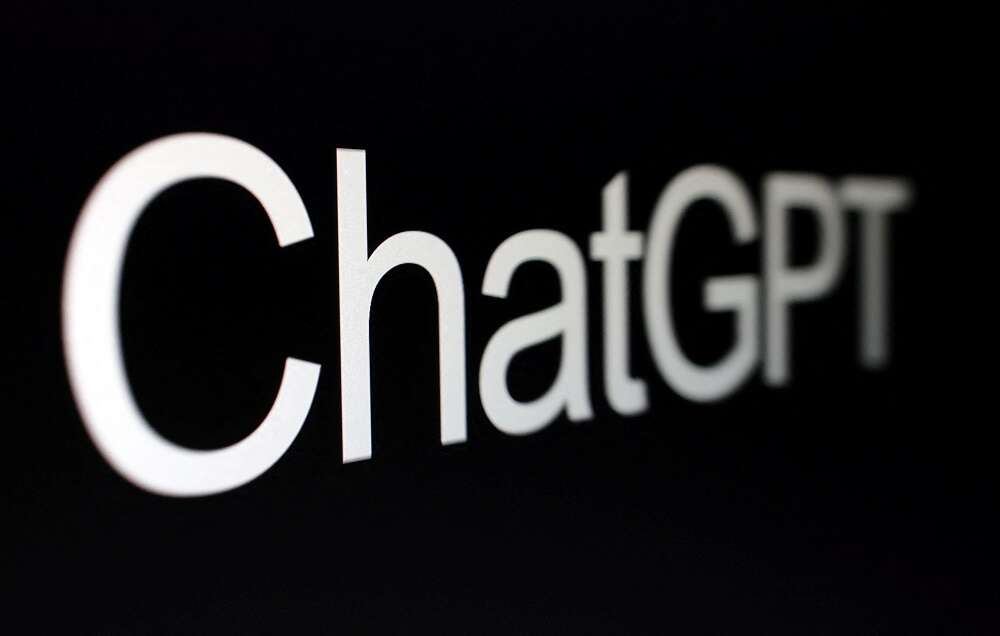
ChatGPT: Risks, Opportunities and Outcomes

By Joseph June, Senior Vice President of Product Management, ServiceMax
Artificial Intelligence is cool again and is enjoying another media resurgence – not just in media coverage, but as media itself. A few weeks ago, a Kuwaiti media outlet introduced a virtual female AI-generated news presenter called “Fedha” on its Twitter account. The media outlet, affiliated with the Kuwait Times, plans for her to read online news bulletins. Her initial 13-second video triggered a surge of social media responses both positive and negative.
As our consumption of AI increases in our personal lives, so too is it expanding into industry. For manufacturers, ChatGPT, the new generative AI chatbot, holds enormous potential for insight and innovation around how products are used in the field. But it also raises a few legal questions, venturing into grey areas that have yet to be addressed.
ChatGPT thrives on data. It consumes massive amounts of it. For manufacturers, this can be a golden opportunity. Manufacturing companies generate their own specific data from customer usage and outcomes from their equipment assets and it’s unique to them. Until now, there have been limits to how they can monetize and apply these types of insights for development and innovation. ChatGPT accelerates and extends these capabilities. It has the potential to enable manufacturers to gain much deeper insights into how their equipment is being used, how it performs, spot trends and build better assets.
It also brings other opportunities for how equipment is being used in the field. ChatGPT can expose manufacturers to additional data so they can uncover, analyze and harness opportunities they wouldn’t otherwise have spotted. Say for example, customers are routinely researching what eBike will fit into the back of a Toyota 4Runner. Toyota could capitalize on this and factor it into the future design spec of its next model. Think of ChatGPT as an incredibly efficient assistant. It shouldn’t have the final decision but can gather all sorts of information so that you and your colleagues can make a much better one.
ChatGPT could also reshape your service operations as it matures and moves deeper into day-to-day service and maintenance interactions. Service technicians can use it to ask niche questions they may not know without having to refer to a manufacturer’s product manual for a complex piece of equipment operating in a specific context. Likewise, the language comprehension in ChatGPT means service techs can also provide basic information and use ChatGPT to generate a report, saving time and minimizing the drudge work. Such content generation could eventually be used for customer-facing content, as well as educational, upselling and personalized cross-selling content.
It also has the potential to triage service maintenance calls and provide more self-service opportunities, helping with costs, unnecessary truck rolls and sustainability. And as older more experienced technicians retire, ChatGPT can fill the knowledge void, becoming a subject matter expert, providing knowledge guidance either onsite or remotely.
Growing Pains and Grey Areas
Of course, no tool is perfect. ChatGPT is new and carries an element of risk. Some of this risk is that it is still learning. While ChatGPT version 4 is better than version 3.5, it can still confidently give wrong answers. That’s no different from humans. We do this all the time. But unlike humans, its ability and speed to consume and learn is compounding at a rate faster and deeper than anything a human brain can do. By the time we get to ChatGPT version 15, it will probably be writing its own code and will have nailed this issue. In this sense, risks around ignorance will dramatically decline.
The other potential grey area is that there’s very little legal precedent for the content it is generating. Because ChatGPT pulls content from lots of disparate places and sources, do you 100% own that content? If you use the content and monetize it in some way, who else has a legal claim to it? In time, as generative AI becomes more pervasive and ChatGPT moves into the enterprise, we’ll start to see legal challenges, precedents and clarity around protection on how ChatGPT creates code, content and ideas.
What began as a slow creep of AI automation to make things faster is rapidly accelerating into a mass tipping point of generative intelligence. It’s just a matter of time before AI technology such as ChatGPT is woven into daily business tools, processes, operations and field support. While the bones of your business may not change, the intelligence, efficiency, outcomes and innovation will almost certainly improve.


